
A mother credits her son’s oncology nurse for saving his life and their entire family with her smile, grace and endless commitment.

A mother credits her son’s oncology nurse for saving his life and their entire family with her smile, grace and endless commitment.

A patient with cancer recalls his experience with group therapy started by a nurse that helped him learn more not only from her but from others in similar situations.

A colleague writes about an infusion nurse that has the bedside manner to make patients’ experiences with cancer a little calmer with her sense of humor and knowledge.

A manager describes how an oncology nurse helps patients with cancer including her own mother.

One nurse describes how her colleague incorporates compassion into every aspect of her role as an oncology nurse.
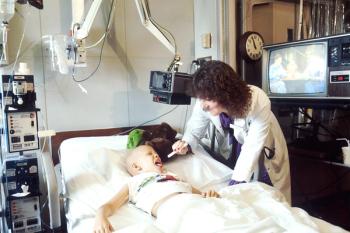
A woman describes a nurse that helped her mother during her cancer journey, a time that can be described as an ‘unwanted and unwelcomed horror in their life.’

A wife and caregiver describes the oncology nurse who helped her husband until he died from cancer and made an impact on his whole support system.
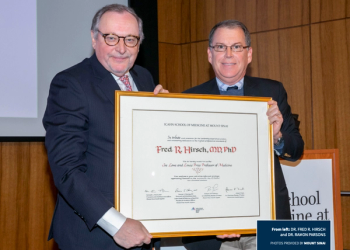
"Whereas scientific and organizational developments have been landmarks for Dr. Hirsch, his care for patients has always been in the center and, as a cancer survivor himself, he will always have patient care at the forefront."
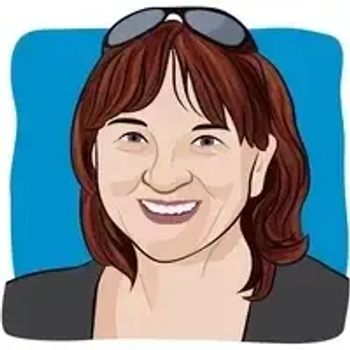
A caregiver explains how she and her daughter soaked up as much joy as possible during the few hours her daughter felt close to normal after breast cancer treatment.
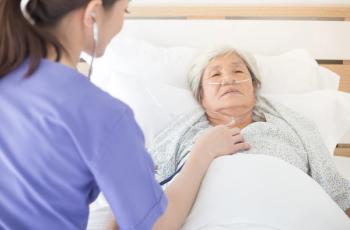
A doctor describes a nurse that he recruited for his own practice while she was receiving treatment for breast cancer.

A patient with lung cancer details her experience with her certified registered nurse practitioner who has been her guiding light even when she feels guilty about smoking for so long.

A clinical office practice nurse embraces the positive with her patients and strives for improved outcomes, even when it may not seem possible.

"Although Carolyn loved her role as a navigator, she realized she could help patients with lung cancer with a screening program to help with earlier detection."

A patient wrote about his oncology nurse when receiving chemotherapy, whose personality helped him look forward to his sessions.
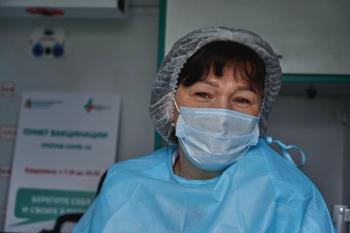
One team of oncology nurses rose above the challenges during the pandemic to continually care for their patients in different ways.

A colleague details how an oncology nurse goes above and beyond no matter the task, especially during the COVID-19 pandemic.

One colleague describes her fellow nurse as someone who puts patients at ease during treatment.
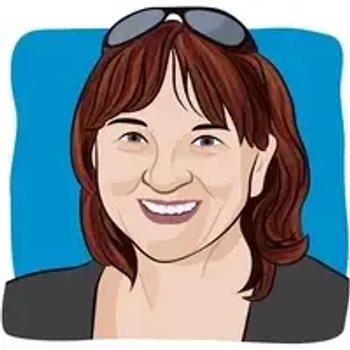
A mother describes how her daughter discovered a lump that led to a breast cancer diagnosis.

From public health professional to a patient with breast cancer, this person details the selfless that an oncology nurse exhibits in her daily life.

As a hard-working mom and administrator, one nurse shows her passion and fight to get the best care for patients with fibrolamellar carcinoma.

An oncologist describes how gifted and compassionate her primary nurse is with the clinical team and with patients with genitourinary and gynecologic cancers.

A patient with metastatic breast cancer credits her oncology nurse’s compassion for giving her the strength to persevere during her cancer journey.
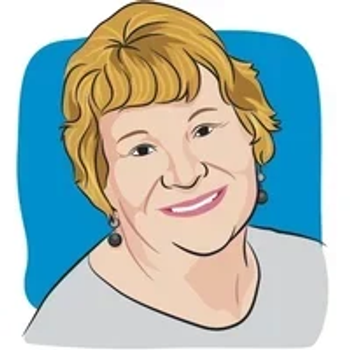
A cancer survivor describes how oncology nurses have had a deep impact on her during treatment.

From physical therapy for pain to an emergency room visit ending up in a cancer diagnosis, a patient describes her experience with an oncology nurse with whom she attributes a positive recovery experience.

A cancer survivor shares five ways that caregivers can provide support.

A patient wrote about the smile and hug he received every time he went for a doctor’s visit, in addition to the wealth of information she provided whenever he had questions related to his cancer.

A caregiver describes the imprint her daughter’s oncology nurses left on her heart.

A mother describes how an administrator was able to help connect her and her son to the care that he needed for fibrolamellar carcinoma.

A patient describes her experience with a nurse shortly after her breast cancer surgery, which involved relocation to another facility.

A patient describes her experience with a nurse who had the ability to make patients feel like they’re not in the cancer center receiving treatment with her humor and cheerfulness.